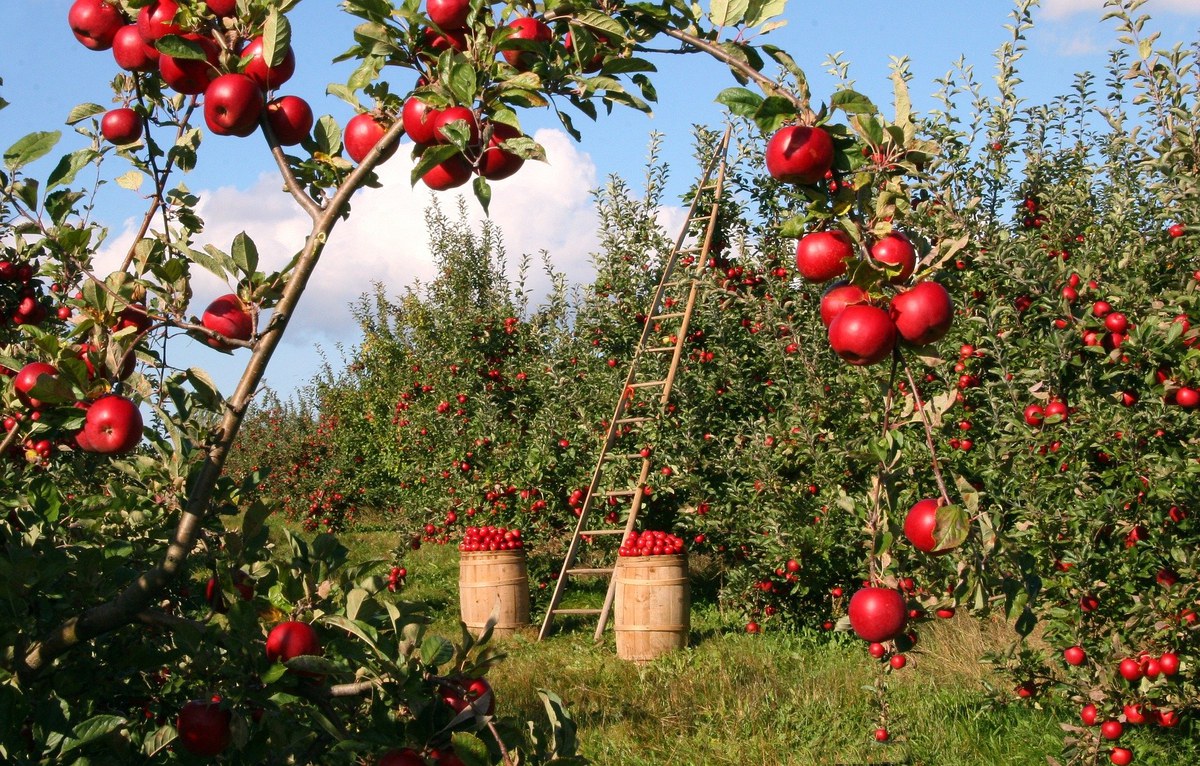The goal is to investigate the regulation of the food sector to provide a systematic constitutional law of policies on food safety, food security, environmental protection and health. The multi-level governance of food appears unbalanced on an economic level, which tends to configure food as a commodity of exchange, from a technocratic and liberal point of view. The theme of GMOs and seeds appears to be a case study to concretely verify the interweaving of scientific, political, economic and ethical interests regarding the relationship between biotechnology and food security, and the dialectic between technology, politics and law. The aim is to establish whether the assumption "global problems, global solutions" is still adequate in a context in which globalization (even in its current crisis) and the free market tend to sacrifice the need for state food sovereignty and the configuration of food as a fundamental human right (not just a product of exchange and consumption).
The research intends to propose theoretical models to react to the centripetal and neoliberal movements that occur in the regulation of food, to seek a fairer balance between the reasons of free market, right to food and food sovereignty.
Multilevel food governance is articulated on an international (WTO, World Health Organization, Food and Agriculture Organization, Codex Alimentarius), supranational (EU), state and local basis. There are two nuclei for determining and implementing policies: the WTO on a global scale and the EU on a regional scale. The relationship that is established between these two centres of power determines the overall structure of the distribution of competences, as well as the balance between the interests at stake.
While the global level tends to enhance the economic dimension of food, understood as a commodity, at the European and State levels, policies on food security are more attentive to the needs of human and environmental protection, following an approach based on the principles of prevention, precaution and proportionality.
The theme of GMOs and seed production represents a case study to be deepened from a theoretical point of view: being transversal to the different levels of governance of food, it appears exemplary of the difficulty of reconciling fundamental values for human life (protection of health, the environment and biodiversity and access to food) with the demands coming from the world of research, technological innovation, business and the market. The primary objective of the research, through an interdisciplinary dialogue, is to identify the constitutional basis for a public government of food policies (a new social contract), which takes into account both the market and globalization, technological development, human rights, the needs of national political communities.
The proposed analysis perspective is innovative for several reasons. The traditional approach to the theme of food and food security is of an agro-economic nature, and the legal approach is so far linked to the law of the agricultural enterprise. The research aims to give the subject a constitutional form. Taking up the theme of Expo 2015 for a "new social food contract", we want to follow the innovative trajectory that food is not only a product and an object of consumption but a fundamental good, such as the environment and health, to build a renewed system of public governance of food policies. The interdisciplinary approach, which invests specific expertise in the field of research on seeds and GMOs from the point of view of agricultural sciences, allows the aim of reconstructing legal categories on a concrete and less abstract basis to be rooted, in order to make the relationship between science, politics and law more functional to the objective of guaranteeing better living conditions and public policies aimed at social cohesion and integration.
